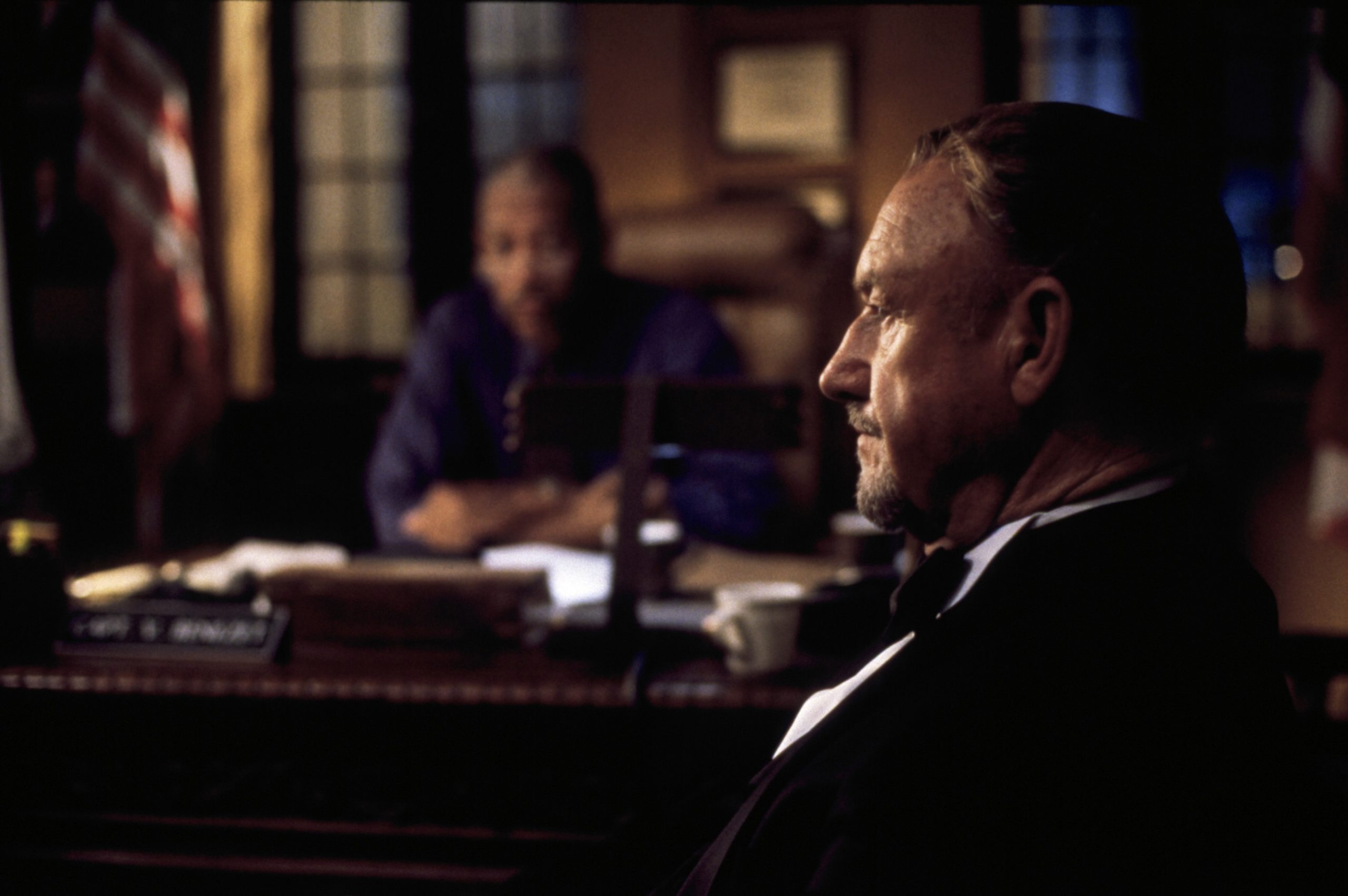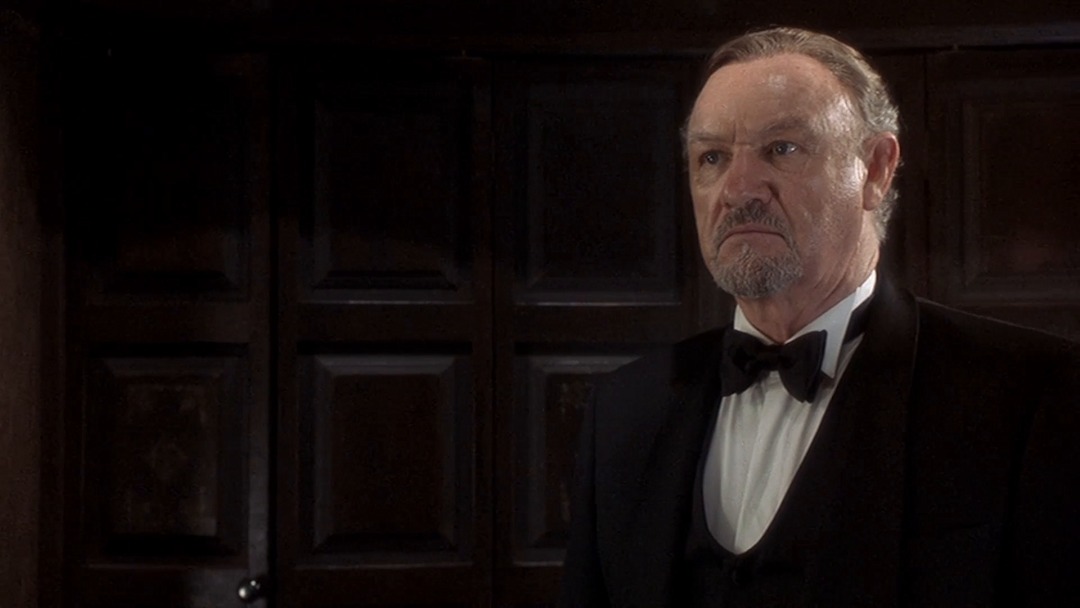The gripping crime thriller Under Suspicion unravels during a tense murder investigation as detectives focus their efforts on extracting a confession from their prime suspect. The police believe the case is nearly closed, yet the intense interrogation brings hidden secrets and startling lies to light.
What initially seems like a straightforward investigation transforms into a perplexing clash of guilt and innocence. As the story plays, audiences are left questioning every character’s motives, culminating in an unexpected twist that changes the narrative entirely.
This analysis dives into the intricate layers of the movie’s conclusion. For those who haven’t watched the film, it’s best to pause here to avoid spoilers.

Plot Overview
Henry Hearst is en route to a charity event when Victor, a police detective, requests his presence at the station to clarify details in a murder case. What begins as a brief discussion quickly escalates into an invasive interrogation delving into Henry’s personal life. With each revelation, buried truths surface, forcing Henry to defend his innocence as Victor intensifies efforts to expose his guilt.
The Question of Henry’s Guilt
One of the film’s most compelling aspects is its ability to blur the lines of Henry’s culpability. The narrative deftly oscillates between proving and disproving his innocence, leaving viewers uncertain about whom to trust: Henry or Victor, the experienced investigator.
The interrogation exposes Henry’s double life, presenting him as a respected figure preparing to deliver a speech at a charity event for hurricane-affected children. This public image contrasts sharply with revelations about his darker side.
His interactions with younger women, including his wife’s niece, and frequent visits to sex workers cast doubt on his moral character. Yet, no direct evidence links him to the crimes, leaving the detectives reliant on circumstantial clues.
Victor’s determination to prove Henry’s guilt, despite lacking solid proof like DNA or physical evidence, raises critical questions. While Henry’s behavior and lies make him a suspicious figure, they don’t definitively incriminate him. The interrogation’s progression forces the audience to wrestle with the distinction between moral failings and actual criminal acts.
Shocking Turn of Events
The climax of Henry’s ordeal reveals the ultimate twist. As he succumbs to pressure and confesses to the murders, news arrives that another victim has been killed in the same manner.
This time, police apprehend the true perpetrator in the act, confirming Henry’s innocence. The revelation forces viewers to reconsider how personal biases influence the pursuit of justice and the line between suspicion and proof.
Moral Questions About Henry
While Henry is cleared of murder, his troubling inclinations remain undeniable. His refusal to acknowledge himself as a predator contrasts with his documented behavior, creating an enduring unease.
This dynamic impacts his wife, Chantal, who suspects him at every turn. Her misinterpretation of events involving her niece Camille exemplifies how his history makes him an easy target for suspicion, even when innocent.
The Role of Bias in Investigation
The detectives’ failure stems from their inability to separate personal judgments from objective analysis. As Henry’s sordid secrets come to light, Victor and his team construct a narrative based on assumptions rather than solid evidence. Their approach highlights a critical flaw in the justice system: the danger of allowing personal biases to dictate the direction of an investigation.
A Devastating Ending
The fallout from the investigation leaves Henry’s life in shambles. Chantal, overwhelmed by guilt for aiding the police, contemplates suicide but finally seeks Henry’s forgiveness.
However, the damage to their relationship proves irreparable. Trust has been obliterated, leaving their marriage fractured beyond repair. Meanwhile, Victor reflects on his own missteps, haunted by the realization that he nearly condemned an innocent man.
Under Suspicion masterfully examines the fragility of human perception, the weight of personal biases, and the devastating consequences of misplaced judgment.



